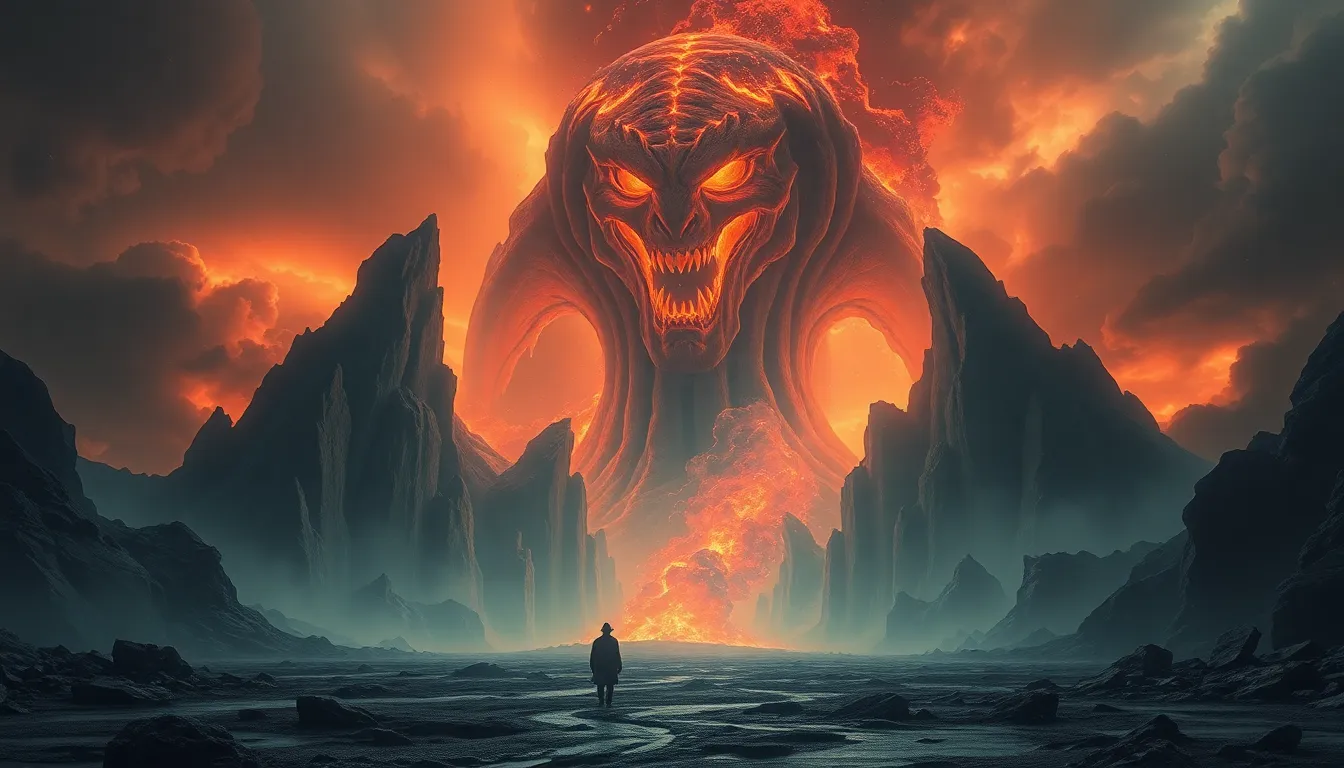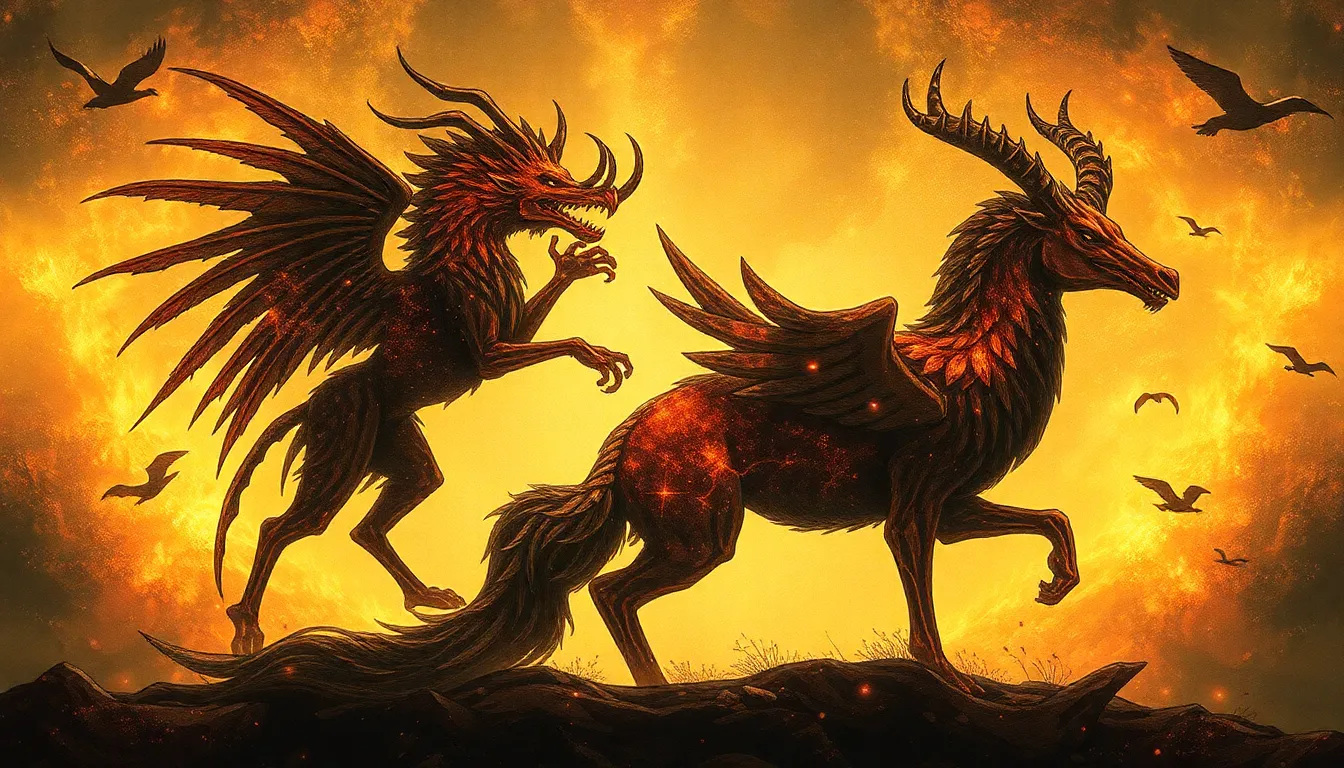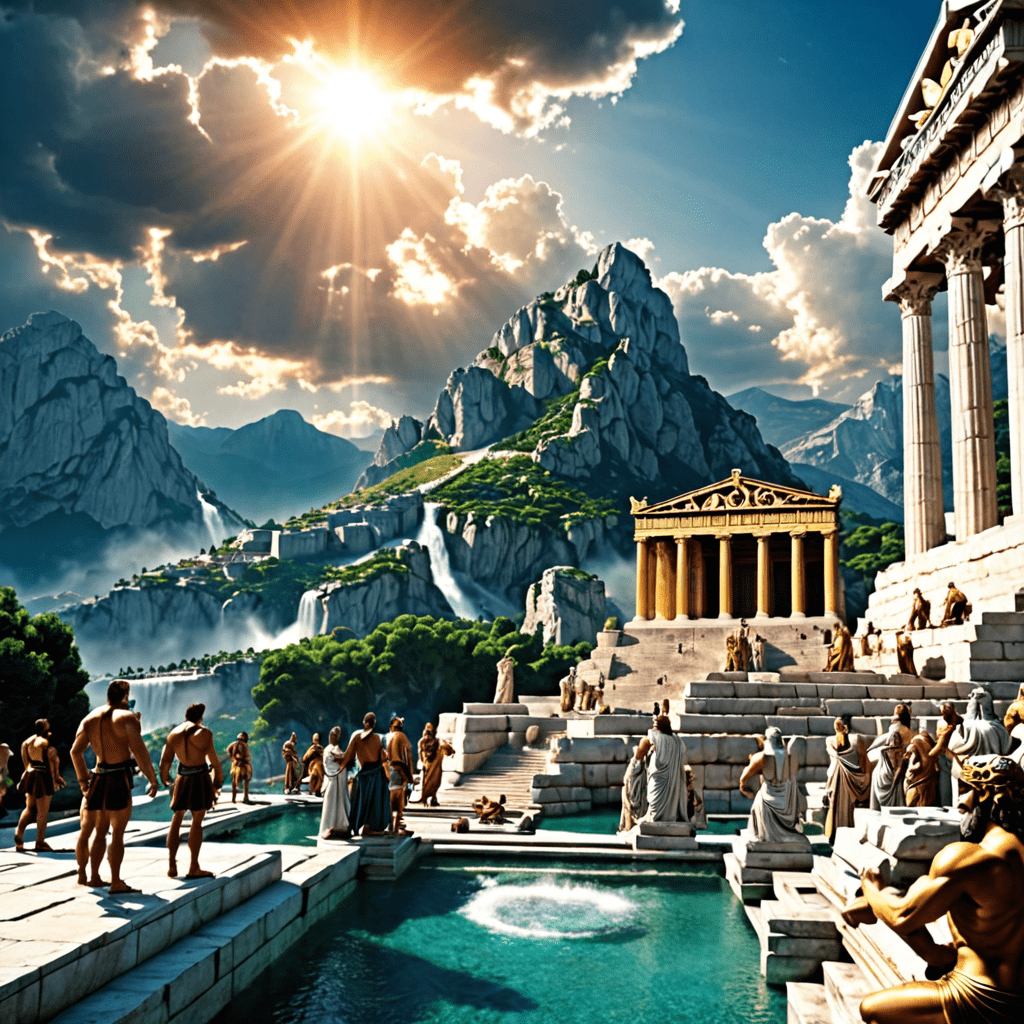Doomsday Myths: The Legends That Inspire Fear
Introduction to Doomsday Myths
Doomsday myths are narratives that predict catastrophic events leading to the end of the world or significant societal collapse. These myths tap into deep-seated fears and anxieties about the future, often causing individuals and communities to grapple with existential questions. The psychological impact of apocalyptic fears can be profound, leading to anxiety, paranoia, and even action in some cases.
Historical Context of Doomsday Beliefs
Throughout history, various doomsday beliefs have emerged, often influenced by significant events. Key historical occurrences such as plagues, wars, and natural disasters have fueled apocalyptic thinking. For example:
- The Black Death in the 14th century led many to believe that the end times were near.
- World War II brought about numerous predictions of global annihilation.
- The Y2K scare at the turn of the millennium prompted fears of technological collapse.
These events, among others, have shaped the narratives of doom that persist through generations.
Cultural Variations in Doomsday Myths
Doomsday myths are not confined to one culture or religion. They manifest in various forms across the globe, each with unique narratives and themes. For instance:
- Christianity: The Book of Revelation describes an apocalyptic vision featuring the second coming of Christ and the final judgment.
- Hinduism: The concept of Kali Yuga represents a dark age characterized by chaos and moral decline before the renewal of the world.
- Indigenous Beliefs: Many indigenous cultures possess prophecies about the end of the world, often tied to environmental degradation and the loss of harmony.
While these narratives differ, common themes of destruction, renewal, and moral reckoning often emerge.
The Role of Religion in Shaping Doomsday Myths
Religious texts have played a significant role in shaping doomsday myths. Many religious traditions contain apocalyptic prophecies that have been interpreted over time. For example:
- The Bible’s Revelation has inspired millennia of interpretations regarding the end times.
- The Quran contains verses that discuss the Day of Judgment, influencing Islamic eschatology.
- Religious leaders and movements have often harnessed these texts to rally followers, especially during times of crisis.
These interpretations can have a profound effect on believers, often intensifying their fears regarding impending doom.
Modern Interpretations and Adaptations of Doomsday Myths
In contemporary society, ancient doomsday myths are often reinterpreted in light of modern challenges. Issues such as climate change, nuclear threats, and pandemics have given new life to apocalyptic narratives. The impact of technology and science has also altered perceptions:
- Environmental concerns have led to fears of ecological collapse.
- Advancements in artificial intelligence raise questions about the future of humanity.
- The COVID-19 pandemic sparked fears of societal breakdown and widespread mortality.
These reinterpretations reflect a society grappling with real and perceived threats to existence.
Doomsday Myths in Popular Media
Popular media plays a crucial role in shaping public perception of doomsday myths. Literature, films, and television often explore apocalyptic themes, influencing societal fears and expectations. Notable examples include:
- Books like “The Road” by Cormac McCarthy depict a post-apocalyptic world.
- Movies such as “Mad Max” and “Children of Men” explore dystopian futures.
- Television series like “The Walking Dead” examine survival in the wake of societal collapse.
These portrayals can amplify fears about real-world issues, blurring the lines between fiction and reality.
Psychological and Sociological Implications of Doomsday Fears
Doomsday fears can significantly influence behavior and belief systems. Psychological studies have shown that anxiety related to apocalyptic predictions can lead to:
- Increased paranoia and distrust of others.
- Motivation to prepare for potential disasters, sometimes leading to extreme measures.
- A sense of fatalism, where individuals feel powerless to change their circumstances.
Understanding these implications can help address the root causes of fear and anxiety.
Doomsday Preppers and Survivalists: A Growing Movement
The doomsday prepper culture has gained traction in recent years, with individuals and groups preparing for perceived imminent disasters. Motivations behind this survivalist mindset include:
- A desire for self-sufficiency and independence.
- Fears of government collapse or societal breakdown.
- Concerns about natural disasters and climate change.
This movement has societal implications, often causing divisions between those who believe in preparation and those who dismiss these fears.
Debunking Common Doomsday Myths
Many doomsday predictions have proven to be inaccurate over time. It is essential to critically examine these myths to dispel unnecessary fears. For example:
- The prediction of the world ending in 2012 based on the Mayan calendar did not materialize.
- Y2K fears regarding technological collapse were largely unfounded.
- Various end-of-the-world predictions throughout history have consistently failed to occur.
Promoting critical thinking and scientific literacy is crucial in combating the spread of doomsday myths.
Conclusion: The Enduring Legacy of Doomsday Myths
Doomsday myths persist in modern society for various reasons, including psychological comfort, cultural identity, and existential reflection. While these myths can inspire fear, they also hold the potential for positive outcomes:
- Raising awareness about pressing global issues, such as climate change and conflict.
- Encouraging community preparedness and resilience.
- Fostering discussions about moral and ethical responsibilities toward the planet and each other.
Ultimately, understanding and addressing the roots of doomsday fears can lead to a more informed and proactive society.



